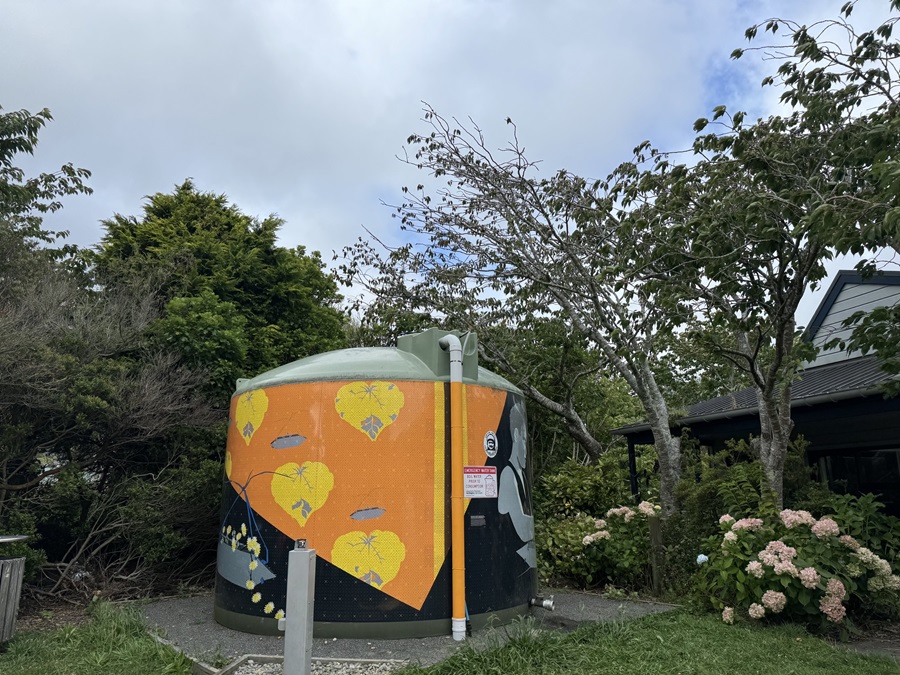Wellington City Council is training staff to step up and help their communities should a water shortage emergency occur.
Since January, around 50 staff members have learned how to manage water distribution points for households that were at higher risk of experiencing water shortages, based on their locations.
Due to Wellington city’s topography, some homes that are located on the hills within Wellington could have trouble accessing water due to a drop in their water pressure, the Council says.
“While Wellington City Council have a number of emergency water tanks, not all of these are located in areas that experience low water pressure. As a result, the team at the Council worked hard to develop a solution to get water closer to households that might’ve been affected,” the Council said.
This plan revolved around water distribution points that could be established and operated by Council staff. The water distribution points would be located as close as possible to the affected neighbourhoods, so people did not have to travel far to collect their water.

The Council worked with Wellington Water to plan how these water distribution points would operate and function if the need arises.
The plan emphasises flexibility and agility, allowing for rapid response and adaptation to emerging low-pressure zones.
A training course has been established for Council staff in operational roles or with emergency management experience to learn how to manage a range of water systems, including setting up and transporting 5-10,000 litre water bladders and tapping into emergency water tanks and the water network.
Wellington City Council Civil Defence Controller, Benjamin Vollebregt says the training aims to enable a large number of staff to be available to help out in the suburbs at a moment’s notice.
“We’re spreading this responsibility across Council so that that every team will be able to contribute and have a chance to help their communities. People have been putting their names forward because they care and want to do their part,” he said.
“The training teaches people how to manage and distribute water, with two or three people within a business unit being responsible for setting up a distribution point themselves.”
While this training is new to a lot of staff, it also helps build resilience across the city, Mr Vollebregt says.
“Even though we are not at risk of a water shortage right now, this is important for us to know for earthquakes and emergency management.”
Tip Shop Manager, Shelali Shetty – one of the participants at the first training in January – says her interest in emergency management has grown immensely over the years because she is able to support the community.
“Alongside my role at the Tip Shop, I am a designated Logistics Manager within the Council’s emergency operations centre. The training was great and allowed me to think of what we need to do and think about future pressure points for the community, and this is a way we can do more for them,” she said.
“At the Tip Shop, we have been selling water tanks for over eight years so this is very top of mind. We have had such high demand for these tanks, which shows the reality the city is facing. We encourage people to save water where they can.”
Wellington Water says it anticipates being able to safely reduce from Level 2 to Level 1 water restrictions once more steady rain fills up the catchments over the next few weeks.



